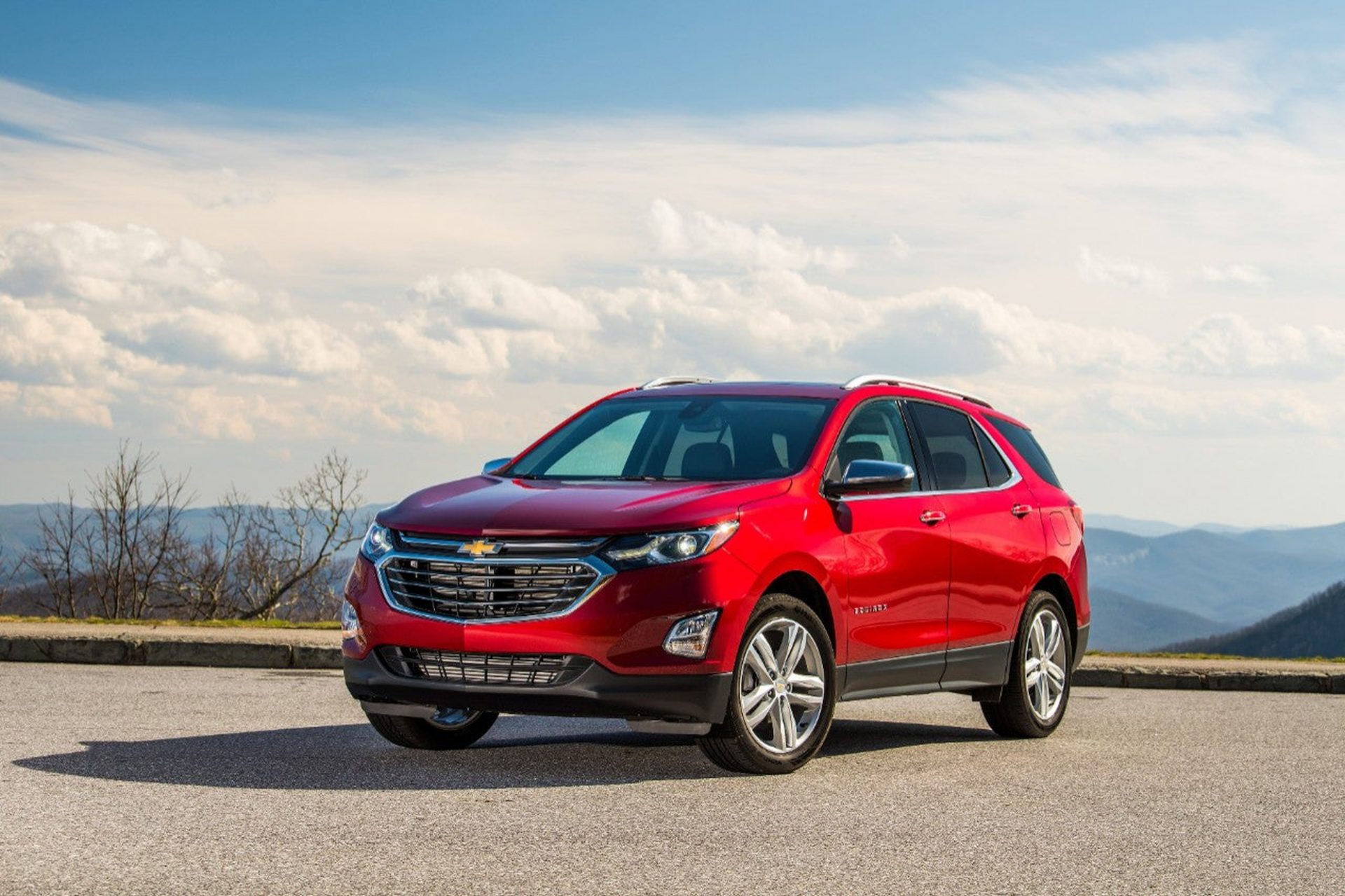
In recent weeks, a semiconductor supply crunch has started to disrupt global auto production. The combination of surging demand for consumer electronics and automakers’ lean inventory practices led to a shortage that has forced many of them to idle plants.
Initially, General Motors (NYSE:GM) was one of the few major automakers that didn’t have to pause production. However, its luck ran out this week. GM now plans to idle three factories in North America for the week of Feb. 8. (It will also cut production at a plant in South Korea by 50%.) Let’s see what this means for shareholders.
The semiconductor shortage spreads to GM
GM has fared better at navigating the global chip shortage than its peers. Yet its aggressive efforts to line up semiconductor inventory — which included urging suppliers last December to stockpile a full year’s worth of supply — only delayed the inevitable.
On Wednesday, the General announced that its CAMI, Fairfax Assembly, and San Luis Potosi assembly plants — located in Ingersoll, Ontario; Kansas City, Kansas; and San Luis Potosi, Mexico, respectively — will take downtime for all shifts next week. It will halve production at its Bupyeong 2 plant in South Korea as well. Furthermore, the unplanned downtime may last for more than a week. GM warned, “Due to the fluidity around the availability of parts, our current plan is to update the plants each week.”
Idling these plants will disrupt production of several models in North America. The CAMI and San Luis Potosi plants both build the Chevy Equinox, by far GM’s highest-volume model impacted by the chip shortage. (The automaker and its dealers delivered 270,994 Equinox crossovers in the U.S. last year.) GM also builds the Chevy Trax and the GMC Terrain — the Equinox’s slightly pricier sibling — in San Luis Potosi. Meanwhile, Fairfax Assembly builds the Chevy Malibu and Cadillac XT4.
GM is protecting its heavy hitters
Notably, the production stoppages announced on Wednesday don’t impact GM’s most profitable models. The Trax, Malibu, and Equinox all sit near the bottom of the Chevy brand’s model range (though one can certainly go lower with the Sonic and Spark subcompact cars). The Terrain is the smallest model in GMC’s lineup. And while the Cadillac XT4 is pricier, it sells in modest volumes. (Domestic deliveries totaled just 22,473 last year.)
Meanwhile, GM hasn’t reduced production of its biggest cash cows: its full-size trucks and SUVs. The company has also maintained normal output of its larger crossovers, midsize trucks, and the Corvette sports car. That isn’t a coincidence. In announcing the plant downtime, GM stated that its “focus is to keep producing our most in-demand products — including full-size trucks and SUVs and Corvettes — for our customers.”
The General’s ability to protect production of its most profitable models so far stands in contrast to crosstown rival Ford Motor Company‘s woes. Last week, the Blue Oval slashed production at the plant that builds the Ford Explorer and Lincoln Aviator large crossovers from three shifts to one, with further cuts expected. For the week ahead, it will need to trim production of the even more lucrative F-150 pickup.
So far, so good
GM plans to update investors about the impact of semiconductor supply constraints on its 2021 outlook in conjunction with its upcoming fourth-quarter earnings report. The downtime GM is taking this week probably won’t be the last production disruption of the year. Industry executives expect the chip shortage to last until at least the summer, due to long lead times within the supply chain and a lack of excess semiconductor manufacturing capacity.
That said, General Motors aims “to make up as much production lost at these plants as possible” later this year. Furthermore, during 2020, dealers gained a lot of experience with respect to maintaining a high sales pace even with very low inventory of certain models. That will help them cope with the upcoming supply disruptions.
Most importantly, GM has managed to limit production downtime to less profitable models so far. As long as it can keep churning out high-margin trucks and SUVs at a rapid pace, investors have no reason to worry.
Should you invest $1,000 in General Motors Company right now?
Before you consider General Motors Company, you’ll want to hear this.
Investing legends and Motley Fool Co-founders David and Tom Gardner just revealed what they believe are the 10 best stocks for investors to buy right now… and General Motors Company wasn’t one of them.
The online investing service they’ve run for nearly two decades, Motley Fool Stock Advisor, has beaten the stock market by over 4X.* And right now, they think there are 10 stocks that are better buys.
*Stock Advisor returns as of November 20, 2020






